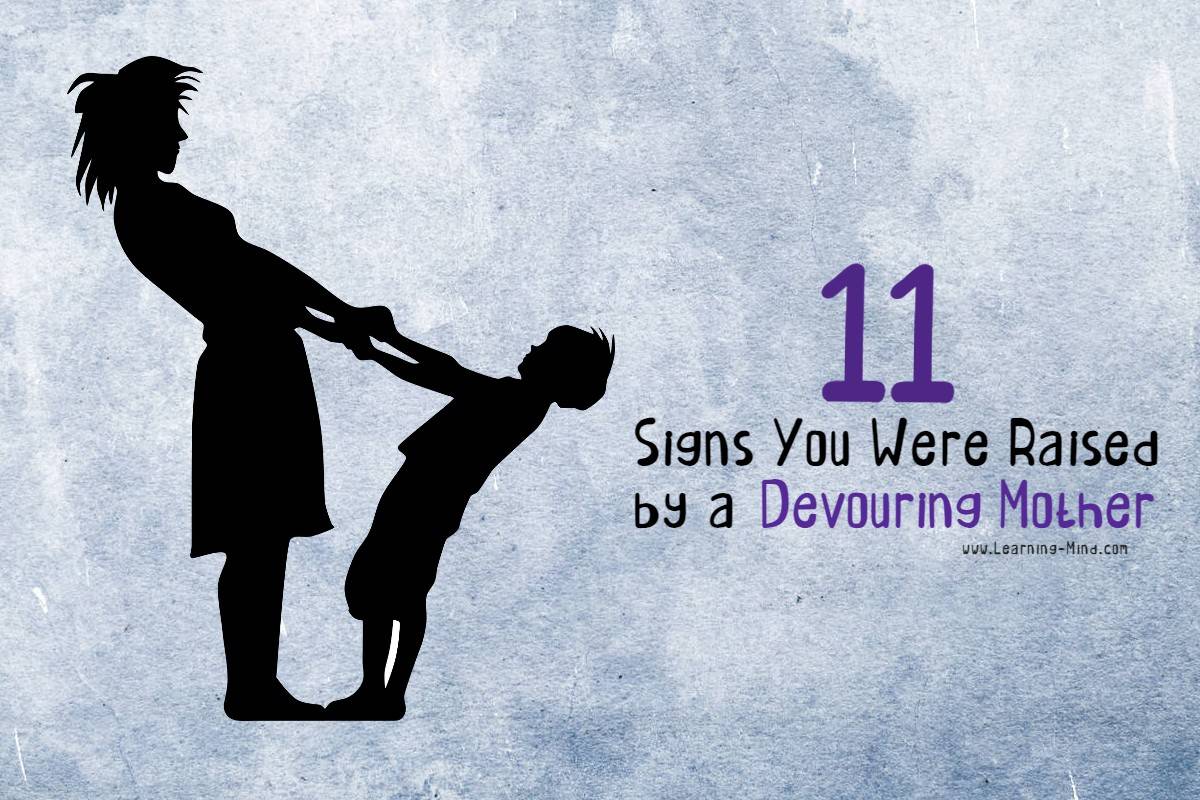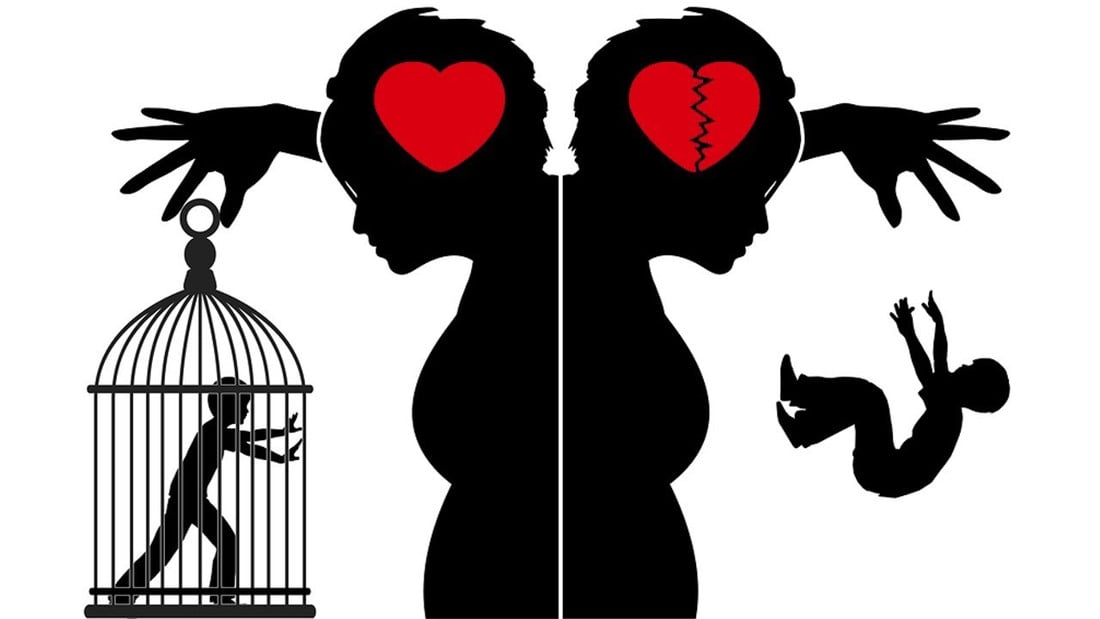You Were Raised by Emotionally Immature Parents If You Experienced These 32 Things
By Janey Davies, B.A. (Hons)
Posted on August 16, 2024
Growing up, did you feel like you were the responsible adult and not your parents, or was every aspect of your life under their strict control? Did you feel rejected? Perhaps the constant mood swings made you insecure?
If this sounds familiar, you could have been raised by emotionally immature parents, but what are the signs? Studies show there are four types of parents who are emotionally immature. In this article, I’ll explore the things you’ll experience growing up with each type.
Four Types of Emotionally Immature Parents
Clinical psychologist Lindsay C Gibson describes four types of parents with immature emotions in her book ‘Adult Children of Emotionally Immature Parents’:
- Emotional
- Passive/Negligent
- Driven
- Rejecting
1. Characteristics of Emotional Parents
Your parents were erratic and emotionally unstable.
Emotional parents have extreme reactions which cause erratic behavior. They overreact to the slightest little problem and you never know what mood they’ll be in. Their behavior swings between suffocating or absent. These are the parents that are most emotionally immature.They have temper tantrums if they don’t get their own way.
You can’t have a level-headed conversation to avoid conflict.You feel responsible for your parents’ happiness.They misinterpret conversations and then react childishly.Your parents are so needy, you never felt as if you could leave home.They overreact to ordinary situations which make you feel insecure.Their two emotional states are blowing up or shutting down.They hold grudges against you for the smallest reason.
2. Characteristics of Passive Parents
Your parents had a ‘laissez-faire’ attitude to parenting.
Passive parents leave their children to their own devices for long periods. Passive parents might be physically present, but they’re not available emotionally. They take a ‘hands off’ parenting approach.
For example, they don’t set boundaries or curfews, you’re allowed to do what you want without consequences, and they act like a friend, rather than your parent.Your parents treat you more like a best friend than a son or daughter.
They confide in you, often talking about inappropriate subjects for your age and relationship.
They are fun to be around, but you can’t talk to them about serious concerns.They don’t care where you are or who you are with.Your parents frequently leave you on your own.There is a complete lack of discipline.They are more interested in their lives than parenting you.They avoid conflict and sweep difficult situations under the rug.
3. Characteristics of Driven Parents
Your parents were controlling and cold towards you.

Did you have limited control over your choices and actions growing up? All driven parents share one common thing; they know what’s best for you. Consequently, the attention you get depends on how well you are living up to their ideal image of a child.
Driven parents are perfectionists. They are not receptive to your needs, rather they’re focused on what they want you to achieve.You must act like the perfect family all the time.
They can’t handle you unless you are perfect.They have to be right all the time.There’s an inability to negotiate or compromise.If you say no to them, they will go ballistic.There’s no accountability when they do something wrong.Everything is black or white, or right or wrong with them.They must be in charge and in control.
4. Characteristics of Rejecting Parents
Your parents acted as if they never wanted children.
If you ever wondered why your parents had children at all, it’s possible that rejecting parents raised you. Rejecting parents don’t seem to want to be involved with their kids.
Rejecting parents are like passive parents, in that they also take a hands-off approach, but unlike passive parents, your presence is noticeably irritating to them. They wish you weren’t there. Rejecting parents can be quite nasty.They tease you or make jokes about you and do not stop when you get upset.
You never spend time with your parents.They threaten to leave or kick you out during disagreements.You try hard to please them.They brush over your feelings, changing the subject because they don’t care.You learn not to bother them about your problems.They downplay your emotions, but theirs are important.The Consequences of Growing up with Emotionally Immature Parents
Growing up with Emotional Parents
Being raised by emotional parents would be chaotic and unpredictable. You had no stability because you never knew what was going to happen next.
This sense of unease and anxiety has followed you into adulthood. You find any kind of stress unbearable, and you’ll do anything to keep the peace. You may end up as a people-pleaser or someone that always puts others before your own needs.
Growing up with Passive Parents
Having no boundaries or consequences may seem like the perfect childhood to some, but it’s not. Children need limits. Parents set rules to keep their kids safe. Being strict shows a level of interest and a willingness to be involved in their children’s lives.
Passive parents may produce adults with low self-esteem who are prone to depression. They can become trapped in abusive relationships because they don’t value their self-worth.
Growing up with Driven Parents
Children raised by driven parents have learned that love is conditional on someone else’s goals and idea of perfection. Now, as adults, they can end up being overly critical of themselves and others. They demand perfection in their relationships and can’t settle for less.
There’s also an increased risk of obsessive or compulsive behaviors, such as alcoholism, as they try to live up to their parents’ expectations.
Growing up with Rejecting Parents
Children of rejecting parents learn early on their parents don’t want them. There’s no love or affection growing up and this can affect children in two ways; they can become needy and crave attention, or they are hostile and reject intimacy like their parents did.
Or they can switch between the two. Either way, they have trouble maintaining healthy relationships.
How to Heal from Emotionally Immature Parents
If you identify with any of the above emotionally immature parents, the next step is to heal yourself from the damage they have inflicted on you.
“Such a parent can probably never fulfill your childhood vision of a loving parent. You can’t win your parent over, but you can save yourself.”
-Lindsay C GibsonSurround yourself with people that love and value you.
Go to therapy or join support groups.Practice self-care to increase your confidence.Do things that make you happy and not what you think makes others like you.Set boundaries and learn to say no to people without feeling you’ve let them down.Identify any triggers (what makes you angry/upset) and work towards understanding the causes.
Final thoughts
You may identify with one or more of the four emotionally immature parents, but that doesn’t mean you cannot change and move away from their influence. Recovering from their toxic behavior is a journey of self-discovery. It takes time and won’t happen overnight.
References:
Janey Davies
Sub-editor & staff writer at Learning Mind
Janey Davies has been published online for over 10 years. She has suffered from a panic disorder for over 30 years, which prompted her to study and receive an Honours degree in Psychology with the Open University. Janey uses the experiences of her own anxiety to offer help and advice to others dealing with mental health issues.
Copyright © 2012-2024 Learning Mind. All rights reserved. For permission to reprint, contact us.





